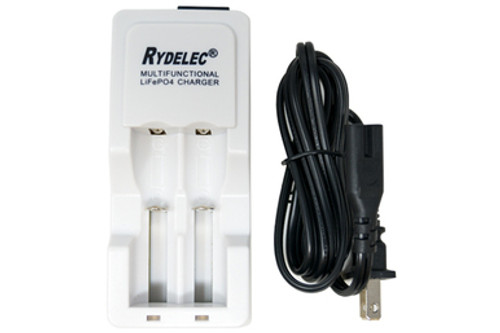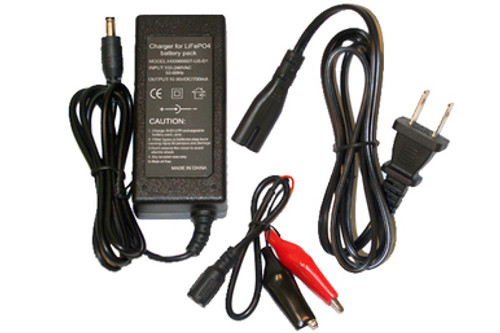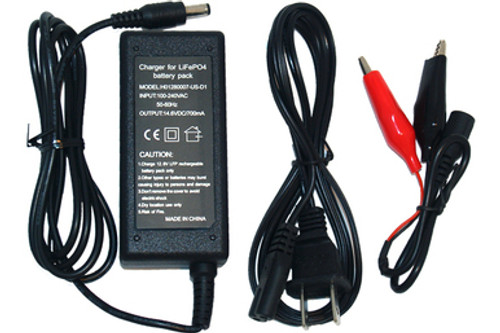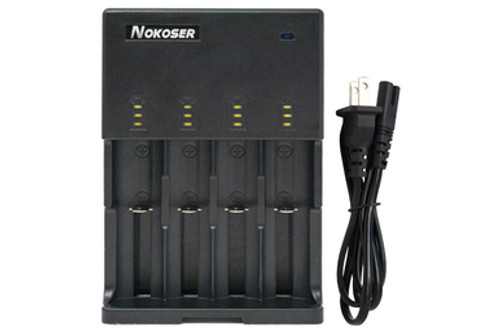
Lithium Iron Phosphate (LiFePO4) batteries are a type of rechargeable battery that offer several advantages over other types of batteries. They have a longer lifespan, are more environmentally friendly, and have a higher energy density than other types of batteries. However, to make the most of your LiFePO4 batteries and battery packs, you need a compatible battery charger.
Using a LiFePO4 battery charger offers several benefits. First and foremost, it is cost-effective. Rechargeable LiFePO4 batteries and battery packs are initially more expensive than disposable batteries, but they can be recharged hundreds of times and have a longer lifespan than disposable batteries. This means that while you may have to spend more initially, you will save money in the long run. Additionally, using rechargeable LiFePO4 batteries and a compatible battery charger is more environmentally friendly than using disposable batteries. It reduces the amount of waste sent to landfills and reduces the demand for raw materials used in disposable batteries.
A LiFePO4 battery charger is also convenient. It allows you to recharge your batteries and battery packs at home, which is more convenient than having to go to the store to buy new batteries. Moreover, a LiFePO4 battery charger is versatile. LiFePO4 batteries and battery packs can have voltages ranging from 6.4 to 48 volts, and a compatible battery charger allows you to recharge all of these batteries and battery packs.
When choosing a LiFePO4 battery charger, consider the following factors:
1. Charging time: Rapid chargers can charge batteries and battery packs in as little as an hour, while overnight chargers take several hours. Consider how quickly you need your batteries and battery packs to be recharged and choose a charger accordingly.
2. Number of charging bays: Most LiFePO4 battery chargers have one or two charging bays. If you need to charge multiple batteries and battery packs at once, choose a charger with multiple bays.
3. LED indicators: LED indicators show the charging status of each battery and battery pack. This is especially useful if you're charging multiple batteries and battery packs at once.
4. Automatic shut-off: Some chargers have an automatic shut-off feature that turns off the charger when the batteries and battery packs are fully charged. This helps prevent overcharging, which can damage the batteries and battery packs.
5. Compatibility: Make sure the charger you choose is compatible with the type of batteries and battery packs you have. Some chargers are designed specifically for LiFePO4 batteries and battery packs, while others are designed for other types of batteries and battery packs.
6. Price: Rapid chargers are generally more expensive than overnight chargers. Consider your budget when choosing a charger.
In conclusion, using a LiFePO4 battery charger is a cost-effective, environmentally friendly, and convenient way to recharge your LiFePO4 batteries and battery packs. When choosing a charger, consider factors such as charging time, number of charging bays, LED indicators, automatic shut-off, compatibility, and price.













